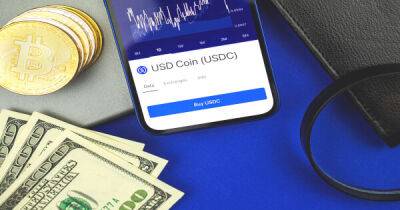This economist won every bet he made on the future. Then he tested ChatGPT
T he economist Bryan Caplan was sure the artificial intelligence baked into ChatGPT wasn’t as smart as it was cracked up to be. The question: could the AI ace his undergraduate class’s 2022 midterm exam?
Caplan, of George Mason University in Virginia, seemed in a good position to judge. He has made a name for himself by placing bets on a range of newsworthy topics, from Donald Trump’s electoral chances in 2016 to future US college attendance rates. And he nearly always wins, often by betting against predictions he views as hyperbolic.
That was the case with wild claims about ChatGPT, the AI chatbot that’s become a worldwide phenomenon. But in this case, it’s looking like Caplan – a libertarian professor whose arguments range from calls for open borders to criticism of feminist thinking – will lose his bet.
After the original ChatGPT got a D on his test, he wagered that “no AI would be able to get A’s on 5 out of 6 of my exams by January of 2029”. But, “to my surprise and no small dismay”, he wrote on his blog, the new version of the system, GPT-4, got an A just a few months later, scoring 73/100, which, had it been a student, would have been the fourth-highest score in the class. Given the stunning speed of improvement, Caplan says his odds of winning are looking slim.
So is the hype justified this time? The Guardian spoke to Caplan about what the future of AI might look like and how he became an avid bettor.
The conversation has been edited and condensed for clarity.
You bet that no AI could get A’s on five out of six of your exams by January 2029 – and now one has. How much did you bet?
I tried for 500 bucks. I think it’s a reasonable forecast that I will lose the bet at this point. I’m just hoping to get lucky.
So what do
Read more on theguardian.com




















